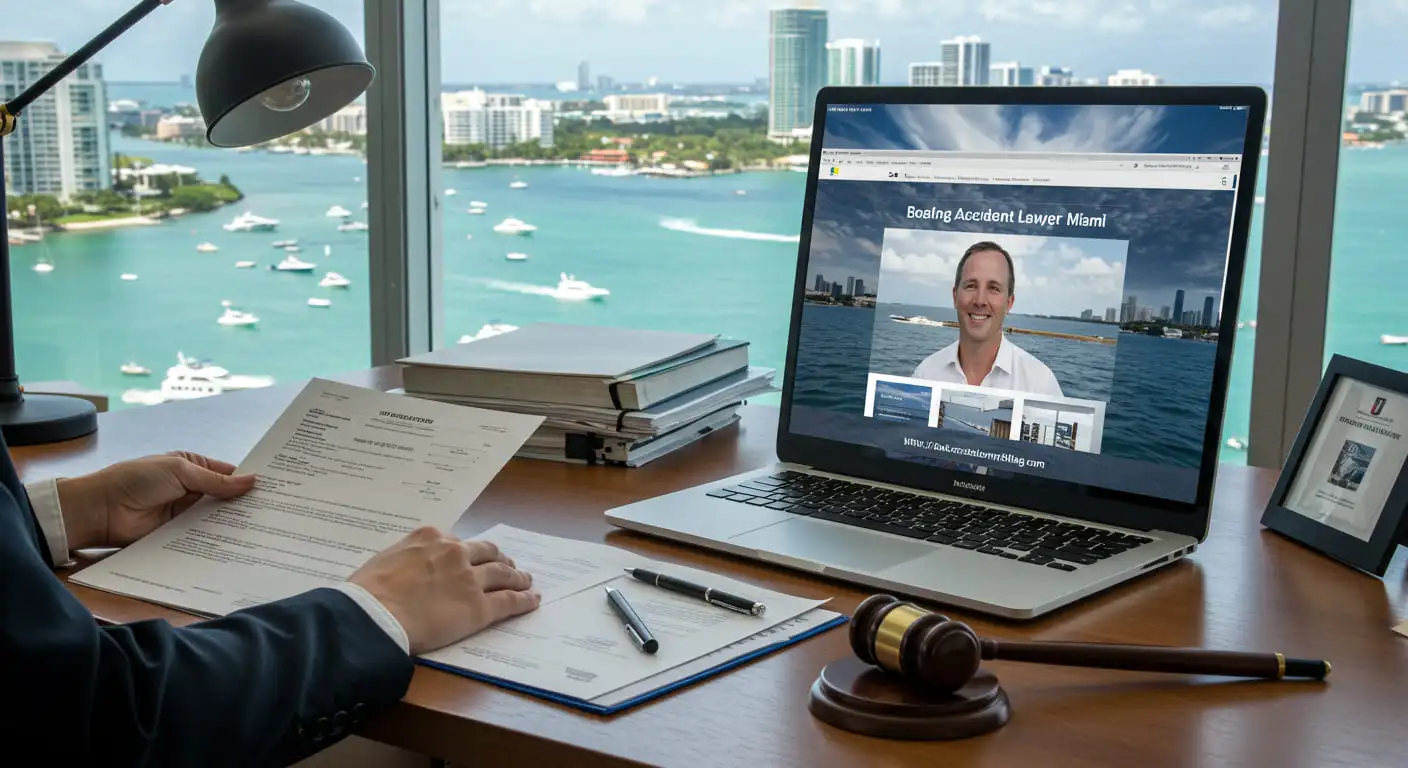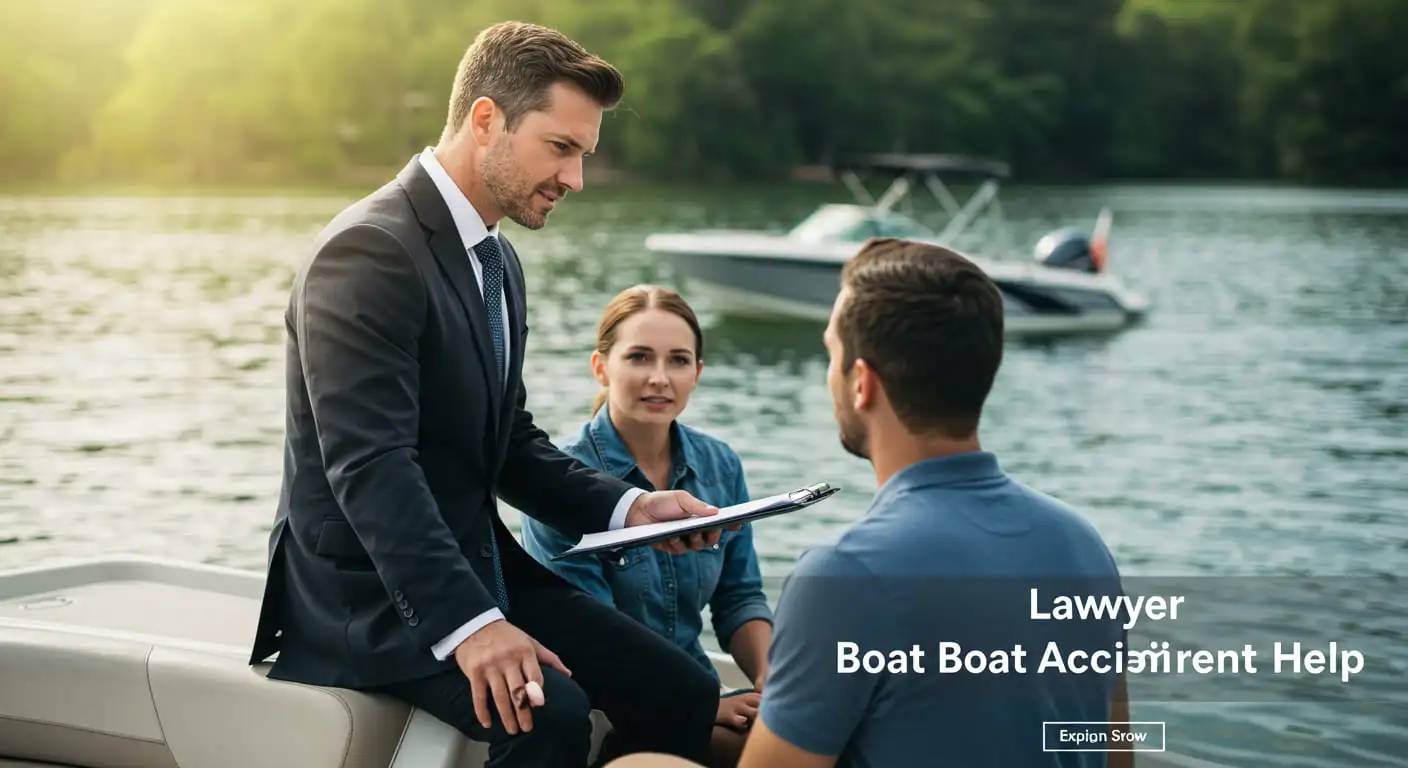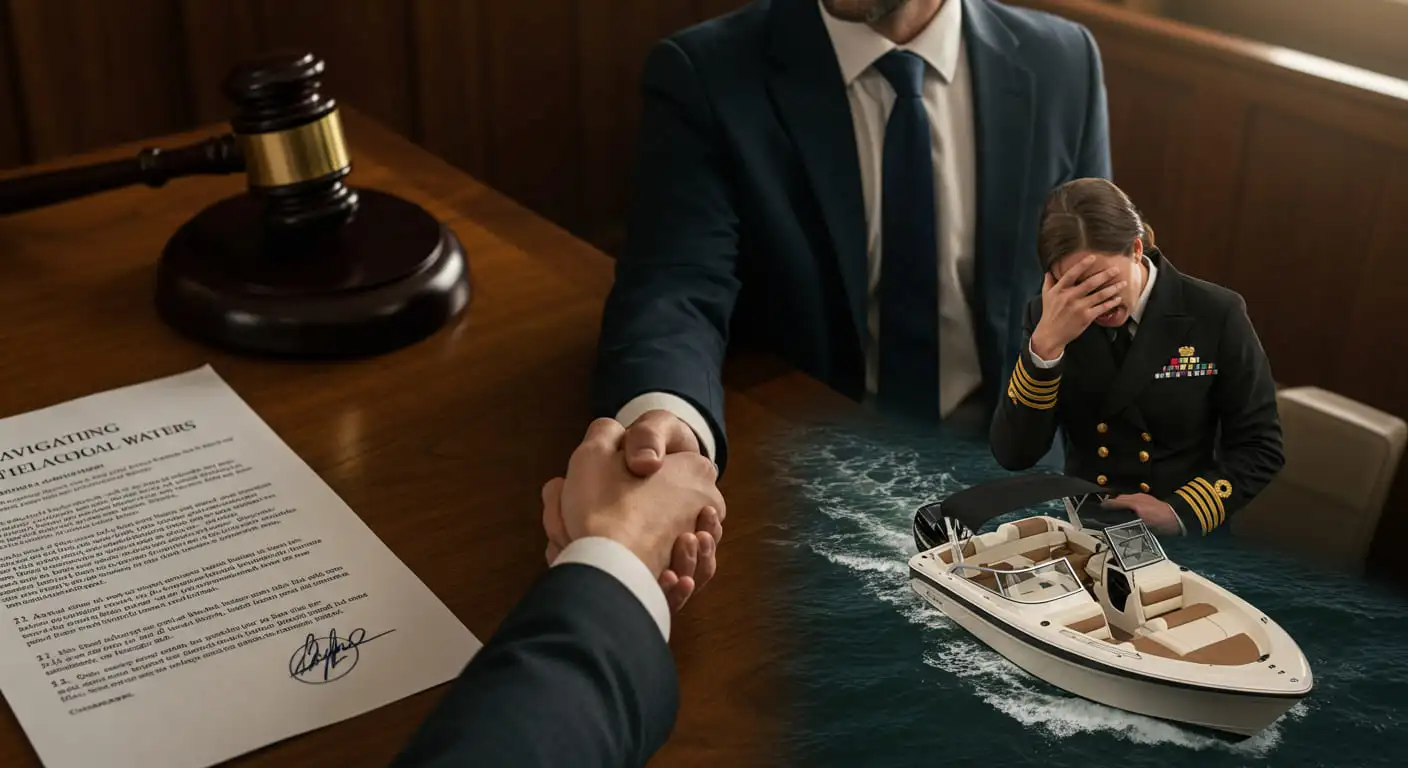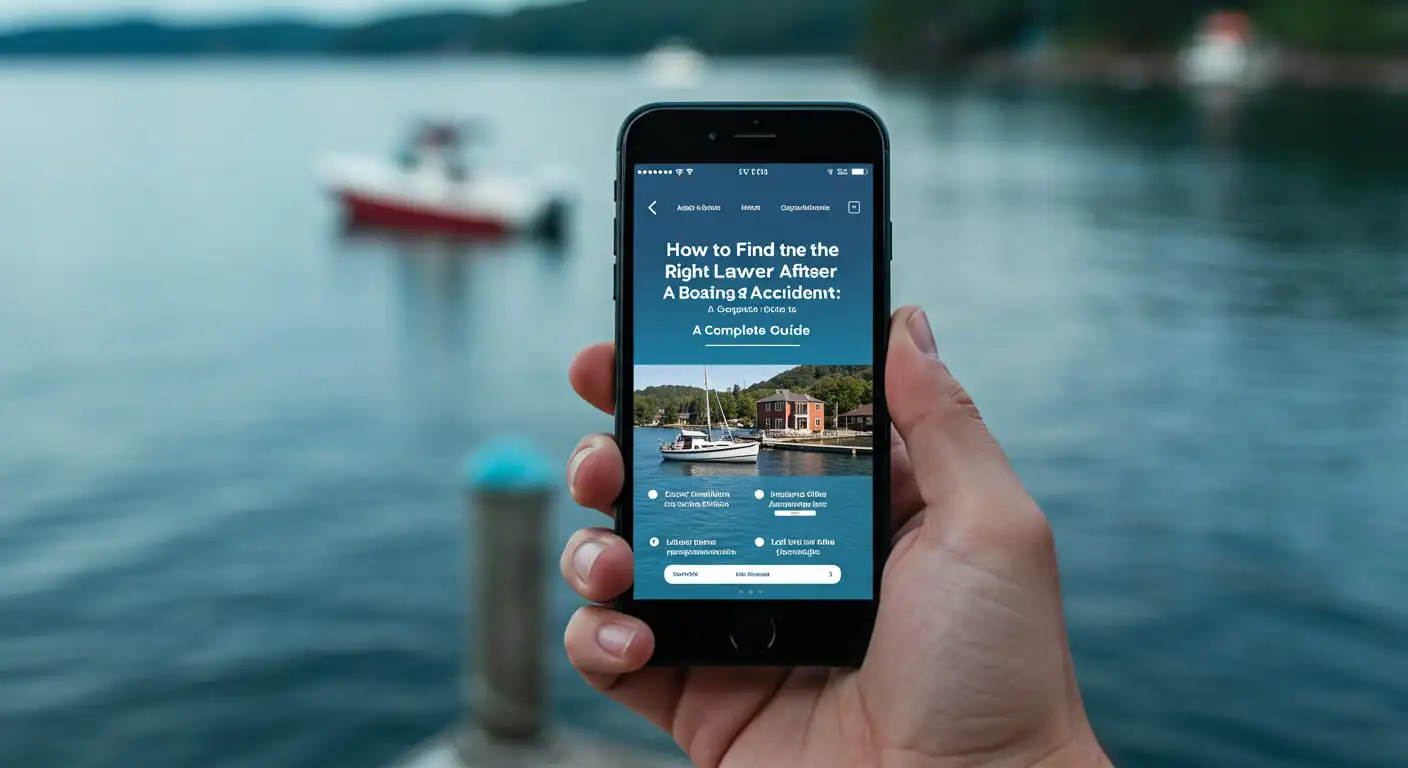Learn the 7 essential steps to secure maximum boat accident compensation in 2024. From immediate care to negotiation tactics, this guide ensures you protect your rights and optimize your settlement.
When a boating accident leaves you injured or your property damaged, knowing how to pursue boat accident compensation is critical. Whether you’re a seasoned sailor or a weekend cruiser, understanding the legal and practical steps can mean the difference between a token payout and a full, fair settlement. This guide walks you through every phase of the process to help you secure the compensation you deserve.
Boating incidents often involve complex maritime laws, multiple liable parties, and specialized insurance policies. By following the seven steps below, you’ll be better equipped to document your losses, work with experienced professionals, and negotiate confidently. Ready to maximize your boat accident compensation? Let’s dive in.
1. Seek Immediate Medical Attention
Your health and safety come first. After any collision or mishap on the water, get medical care—even if you believe your injuries are minor. Proper documentation of injuries is the foundation of a successful boat accident compensation claim.
When you visit a hospital or urgent care, describe all symptoms—head aches, back pain, dizziness—even if they seem trivial. These records serve as critical evidence of your injuries, connecting them directly to the accident. Without documented injuries, it’s far harder to justify any claim for boat accident compensation.
2. Preserve Evidence at the Scene
Collecting evidence immediately helps solidify your case. Take photographs of the vessel damage, the accident site, your injuries, and any relevant signage (speed limits, warning buoys). Photographic evidence supports your boat accident compensation claim.
If there were witnesses, get their names and contact information. Their independent accounts can reinforce your version of events. You should also note weather conditions, water traffic, and any visible hazards. All these details feed into your strategy for pursuing boat accident compensation.
3. Document All Damages and Expenses
Keep meticulous records of every expense related to the accident. Save medical bills, repair estimates, rental receipts for replacement boats, and any lost-wage statements. A complete ledger amplifies your demand for full boat accident compensation.
Organize receipts chronologically, and consider using a spreadsheet or an app to track costs. The clearer you present your financial losses, the stronger your negotiating position will be when seeking boat accident compensation.
4. Consult an Experienced Maritime Attorney
Maritime law differs from typical personal injury practice. A lawyer specializing in boating accidents can navigate complex statutes and insurance rules to maximize your boat accident compensation.
During your first consultation, discuss contingency fees—many attorneys advance costs and only get paid if you win. Bring all your documentation so they can assess liability and damages accurately. Their expertise can substantially boost your boat accident compensation outcome.
5. File Your Claim Promptly
Insurance companies impose strict deadlines for reporting boating accidents. Submit your claim as soon as possible to preserve your right to seek boat accident indemnification.
Include a clear statement of facts, copies of your medical records, damage photos, and receipts for expenses. Prompt, thorough filing demonstrates professionalism and urgency, putting you in a stronger position to negotiate boat accident compensation.
6. Negotiate Strategically with Insurers
Insurance adjusters aim to minimize payouts. Approach negotiations with a detailed demand package that outlines your entitlement to boat accident compensation.
Begin with a well-supported demand letter, citing medical records, repair costs, and lost wages. Be prepared to counter lowball offers by referencing your documentation. If negotiations stall, your maritime attorney can facilitate mediation or threaten litigation to secure fair boat accident compensation.
7. Prepare for Litigation if Necessary
While most boating claims settle out of court, being ready to file a lawsuit underscores your commitment to fair boat accident compensation. Discuss deadlines (statute of limitations) with your attorney to avoid forfeiting your claim.
Litigation can increase leverage: insurers often offer improved settlements rather than face a trial. If your case goes to court, clear evidence and expert testimony become crucial to proving liability and quantifying boat accident compensation.

Additional Tips for Success
Staying proactive throughout the claims process can substantially enhance your boat accident compensation. Keep open lines of communication with your attorney and insurer, respond promptly to requests, and revisit your demand if new expenses arise.
Consider hiring experts—such as marine surveyors or vocational rehabilitation specialists—to strengthen damage valuations. Their reports can justify a higher settlement and reinforce your right to full boat accident compensation.
Conclusion
Securing the maximum boat accident compensation involves careful documentation, timely action, and strategic negotiation. By following these seven steps seeking immediate care, preserving evidence, documenting damages, consulting a maritime attorney, filing promptly, negotiating effectively, and preparing for litigation you position yourself to achieve the best possible outcome in 2024.
Leave a reply














